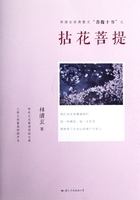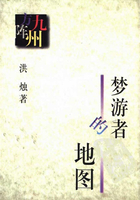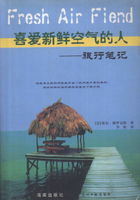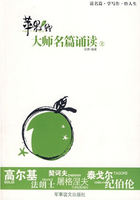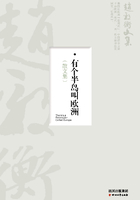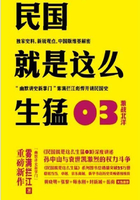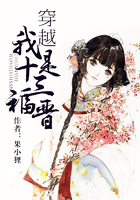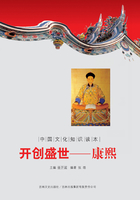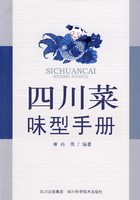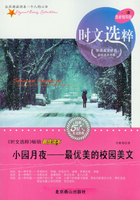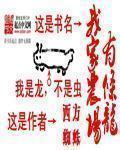The Importance of Doing Things Badly
Understand these new words before you read this article.
1. enhance[in'hɑ:ns]v. 提高, 增加, 加强
2. fallacy['f?l?si:]n. 谬误; 谬见; 谬论
3. proverbial[pr?'v?:bi?l]adj. 谚语的, 闻名的, 谚语式的
4. legitimate[li'd?itimit]adj. 合法的, 婚生的, 正当的
5. contemptible[k?n'tempt?b?l]adj.可鄙的
6. prevalence['prev?l?nt]n. 流行, 盛行; 流行程度; 普遍, 广泛
7.vainglorious[ve?n?gl?:ri:?s]adj. 虚荣的
8. inferior[in'fi?ri?]adj. 下等的; 差的; 下级的
9. disposition[,disp?'zi??n]n. 性情, 处理, 处置
10. hesitation[,hez?'te???n]n. 踌躇, 犹豫; 口吃; 含糊
I. A. Williams was born in England and educated at Cambridge. After World War I he served as a correspondent for the London Times. Williams wrote several books on eighteenth-century poetry and drama, published widely in journals and magazines, and published collections of his own poetry. The following article first appeared in London’s The Outlook in 1923.
Perhaps the greatest threat to productivity in both work and play is the fear of doing things badly or wrong. This article offers some comfort. Williams points out that there are many things worth doing badly, and that our lives are enriched and our personalities enhanced by these activities. Two central examples, sports and music, are valuable to most people in proportion to how enthusiastically they do them, rather than how well.
Charles Lamb wrote a series of essays upon popular fallacies. I do not, at the moment, carry them very clearly in my memory; but, unless that treacherous servant misleads me more even than she usually does, he did not write of one piece of proverbial so-called wisdom that has always seemed to me to be peculiarly pernicious. And this saw, this scrap of specious advice, this untruth masquerading as logic, is one that I remember to have had hurled at my head at frequent intervals from my earliest youth right up to my present advanced age. How many times have I not been told that “If a thing is worth doing at all, it is worth doing well”?
Never was there a more untruthful word spoken in earnest. For the world is full of things that are worth doing, but certainly not worth doing well. Was it not so great a sage as Herbert Spencer who said to the young man who had just beaten him at billiards, “Moderate skill, sir, is the sign of a good eye and a steady hand, but skill such as yours argues a youth misspent?” Is any game worth playing supremely well, at the price of constant practice and application?
Against the professional player I say nothing; he is a public entertainer, like any other, and by his skill in his particular sport he at least fulfills the first social duty of man—that of supporting himself and his family by his own legitimate exertions. But what is to be said of the crack amateur? To me he seems one of the most contemptible of mankind. He earns no money, but devotes himself, for the mere selfish pleasure of the thing, to some game, which he plays day in day out; he breaks down the salutary distinction between the amateur and the professional; eventually his skill deserts him, and he leaves behind him nothing that is of service to his fellow men—not a brick laid, not an acre ploughed, not a line written, not even a family supported and educated by his labor.
It is true that he has provided entertainment for a certain number of persons, but he has never had the pluck to submit himself to the test by which we demand that every entertainer should justify his choice of a calling—the demonstration of the fact that the public is willing to pay him for his entertainment. And, when his day is over, what is left, not even to the world, but to himself? Nothing but a name that is at once forgotten, or is remembered by stout gentlemen in clubs.
The playing of games, certainly, is a thing which is not worth doing well. But that does not prove that it is not worth doing at all, as the proverb would, by implication, persuade us. There is nothing more agreeable and salutary than playing a game which one likes, and the circumstance of doing it badly interferes with the pleasure of no real devotee of any pastime. The man who minds whether or not he wins is no true sportsman—which observation is trite, but the rule it implies is seldom observed, and comparatively few people really play games for the sheer enjoyment of the playing. Is this not proved by the prevalence and popularity of handicaps? Why should we expect to be given points unless it be that we wish to win by means other than our own skill?

